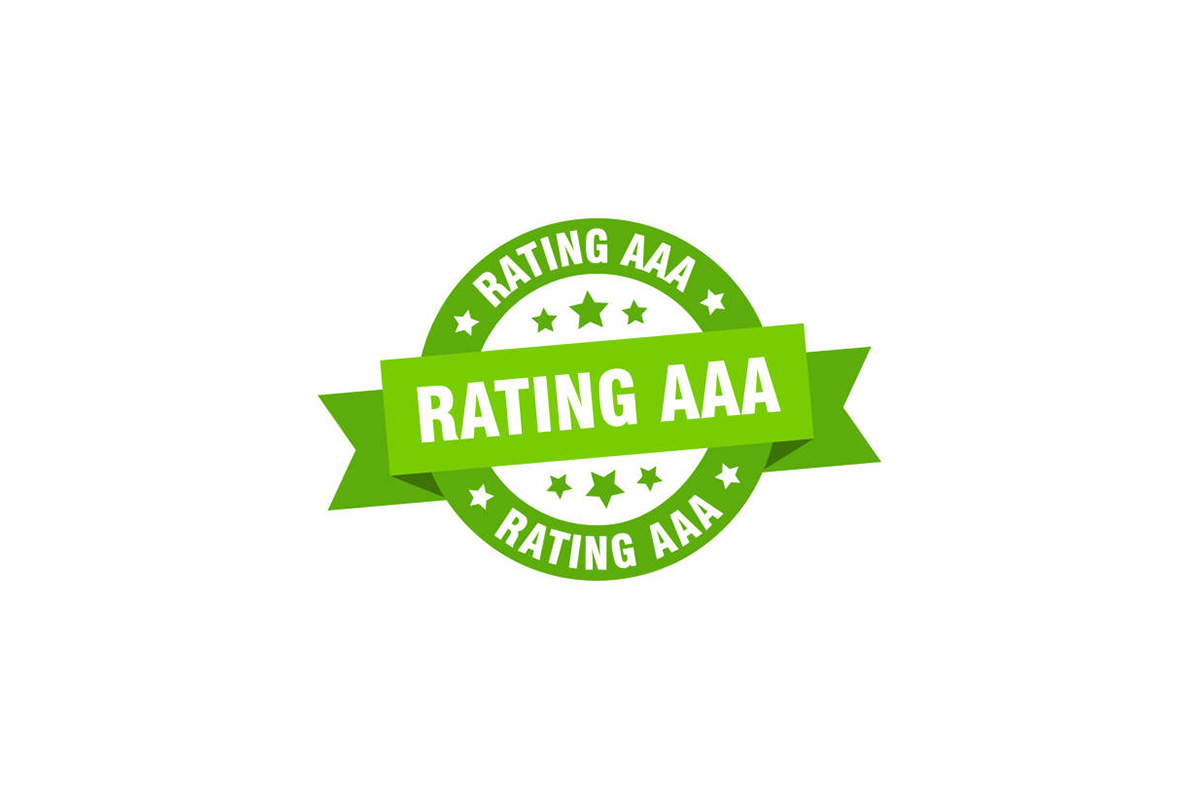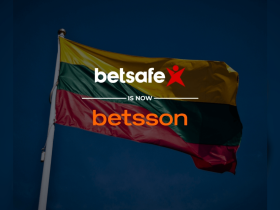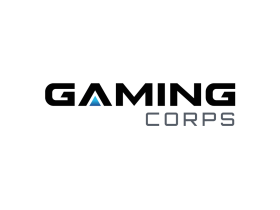Sweepstakes gaming has become very popular in the United States, as it provides individuals with the opportunity to win prizes without the need for a purchase. As opposed to traditional gambling, which has been highly regulated, sweepstakes gaming operates under the gray area of the law, and as a result, it runs in a varied regulatory environment. As this form of entertainment continues to evolve, it is significant for operators, players, and policymakers to understand the regulatory challenges in order to shape its future.
Understanding Sweepstakes Gaming
Sweepstakes gaming allows users to participate in games and contests in which prizes are won. Sweepstakes are a bit different from traditional gambling. In normal gambling, individuals gamble money in hopes of winning, while in sweepstakes, you do not typically have to purchase anything for entry. The growth of new sweepstakes casinos platforms offering casino-style gameplay through promotional credits and free-entry mechanics has expanded the reach of the sweepstakes model, attracting users seeking low-risk entertainment alternatives.
However, the legitimacy of sweepstakes gambling differs from state to state, and all these various regulations form a set of laws that are confusing to both the operators and the players. New sweepstakes casinos typically have to contend with such convoluted regulation, as there are multiple regulations at the state level to comply with. This inconsistency could be challenging for operators to implement and may limit players from accessing this new and creative gaming experience.
The Future of Sweepstakes Gaming in the U.S.
In spite of the regulatory hurdles, there are possible avenues that can potentially unlock a brighter future for sweepstakes gaming in the U.S.
- Standardization of regulations
Nowadays, the legislation is different. Each state has different definitions, rules, and prerequisites for sweepstakes. This lack of uniformity can keep operators from entering the marketplace and confuse players about their rights and responsibilities. By promoting interstate collaboration to develop standardized regulations, the industry would benefit from more transparent compliance channels that make it easier to conduct business for emerging sweepstakes casinos. A standardized regulatory landscape would not only reduce legal uncertainties but also optimize consumer confidence, ensuring an open and fair gaming environment.
- Innovation in Compliance
Compliance innovation involves using new solutions and technology to make the regulations of sweepstakes gaming simpler or better. As there is evolution in the industry, the traditional methods of performing compliance might no longer apply, hence becoming a hindrance in the manner in which operators comply with diverse state regulations. New solutions like blockchain and artificial intelligence can be explored to enhance transparency and accountability in sweepstakes gaming.
- Consumer Education
Consumer education involves the offering of understandable, clear information to players about their rights, responsibilities, and types of games played. As the industry expands, it is very crucial to educate consumers so they know how the sweepstakes are conducted, the rules of play, and the possible risks. Educating players so they are well-informed will enable operators to build trust and achieve responsible gaming practices. Effective consumer education can diminish confusion regarding sweepstakes, resulting in a more secure and transparent gaming experience.
The post Regulatory Roadblocks: The Future of Sweepstakes Gaming in the U.S. appeared first on European Gaming Industry News.














Got a Questions?
Find us on Socials or Contact us and we’ll get back to you as soon as possible.